
Cinema refers to film production, and African cinema is film production that takes place in Africa and/or by people who are connected to Africa. This lesson will provide a brief introduction to African cinema.
Lesson Objectives:
- describe the history of African cinema
- recognize cultural diversity reflected in African cinema(s)
- analyze an African film by situating it in its social and historical context.
History of African Cinema
African cinema began in the early 20th century, during the colonial era. European film-makers produced films that portrayed African life from the perspective of white, colonial, Western filmmakers, who often depicted Africa and African people as exotic, primitive and without technology or history. This relationship of power and representation as addressed in the first lesson when we analyzed the American film, Africa Speaks (1939) as well as the cinematic portrayals of the Other as Edward Said described in his book Orientalism.
However, cinema in Egypt is among the the first cinemas in the world. The first short documentary was filmed by Egyptians in 1907, and by 1935 the a film studio in Cairo began producing comedies and musicals. Egyptian cinema flourished for several decades, and today many people in North Africa are familiar with the Egyptian Arabic dialect thanks to the popularity of Egyptian films. Today, Nigerian cinema is the largest in Africa and the second largest film industry in the world in terms of revenue generated by movie-goers as well as the number of films produced annually.
Today, cultural diversity in Africa is reflected by the cultural richness reflects in the wide range of different films produced in Africa. There is no one single African cinema, but a variety of different cinemas that protray the unique social and historical circumstances throughout the vast continent.
The BBC video below provides a brief overview of African cinema.
Diversity in African Cinema(s)
African cinema captures the wide range of cultural diversity and vastly unique experiences of people living throughout the continent. By viewing African films, we can develop a better understanding of the broad globalized circumstances experienced in African countries as well as the different interpersonal exchanges between individuals in African societies and households. This makes it important to consider African cinema as a collection of different cinemas.
African cinemas can be be categorized by themes (such as human rights or environmental), genres (such as romantic comedy or documentary), time periods (such as colonial or post-colonial), and regions (North African, West African, etc.) Regional cinema highlights cultural variations throughout the continent by showcasing different languages, customs, circumstances, scenarios, histories, and global interactions that are unique between and among different countries. This makes is important to analyze African films by situating it in its unique social and historical contexts.
African Cinema During Colonialism
The growing popularity of cinema throughout the world began in the early 20th century, immediately following the Scramble for Africa and the European colonization of the continent. In light of this, early African films reflected the European and American perspective on Africa and African people, and in cases such as the French colonies, Africans were prohibited by the 1934 Laval Decree from making films. This contributed to the proliferation of negative stereotypes and representations of Africa by outsiders for an audience outside of Africa. Documentaries, such as Africa Speaks (1930), and films such as Casablanca (1942) offered viewers with a Euro-centric perspective that positioned African people as strange, different, and primitive. Representations of African coincided with Hollywood representations of African-Americans with depictions that emphasized violence, poverty, submission and servitude in a dominant white society. Films such as Kings of the Cannibal Islands (1909), Voodoo Vengeance (1913) Congorilla (1932) and The African Queen (1951), represented Africa as a dangerous and wild place with untamed.
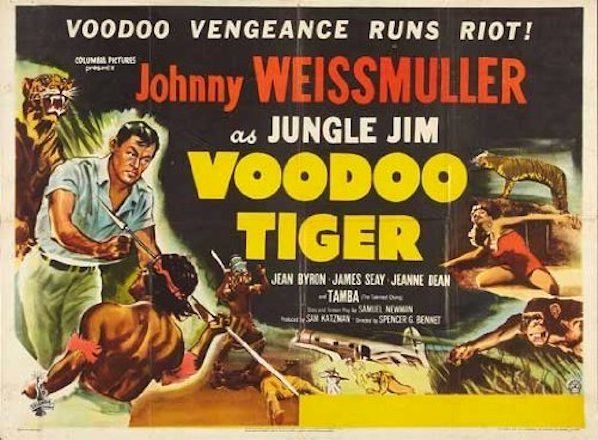
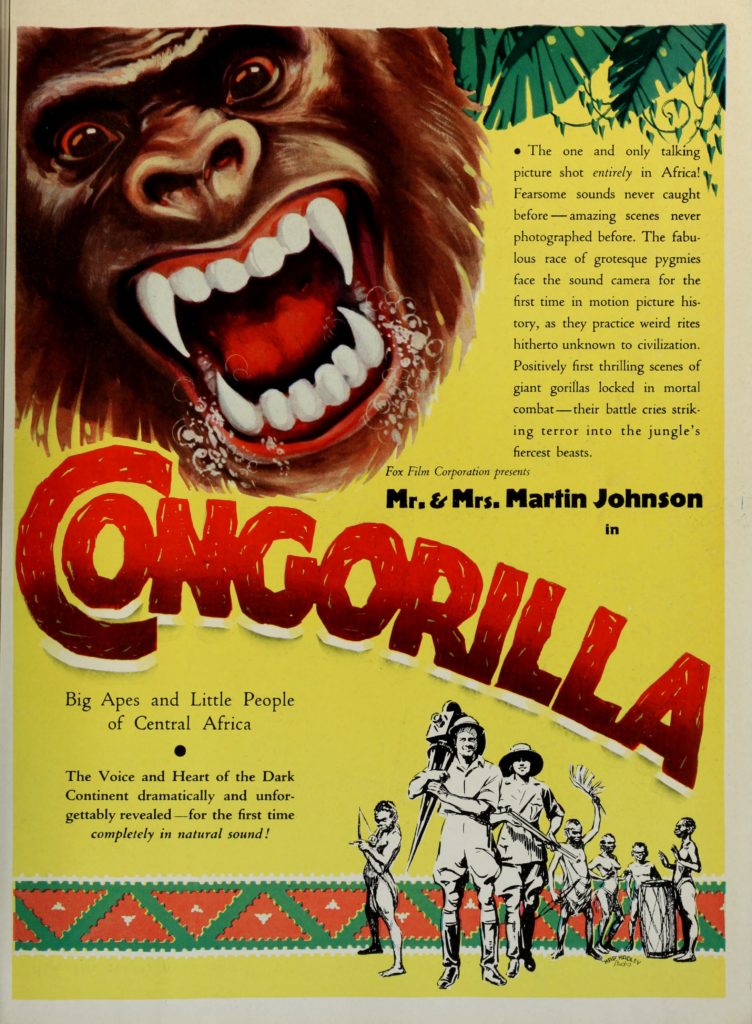

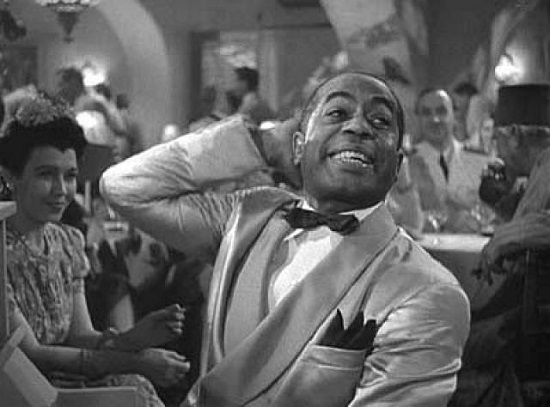
A few African film producers successfully produced the first films representing African people despite economic and legal barriers. Congolese film-maker, Albert Mongita, created The Cinema Lesson in 1951 and Mamadou Touré produced Mouramani (1953). In 1955, Le Group Africain du Cinema, created a short film in Paris called Afrique-sur-Seine (1955) which is considered the first film directed by a black African, Paulin Soumanou Vieyra. Denied the authorisation he needed to film in Sénégal under the Laval Decree, Viera decided to film his first short feature in Paris. The film recounts the life of African students in Paris, their encounters and the nostalgia they felt far from their native land as it portrays the difficulties of being African in France. Afrique-sur-Seine has been called the beginning of African cinema.
African Film Post Independence
During decolonization, cinema was means of African expression, political, cultural, and artistic experiences. Sembène Ousmane’s is considered the “father of African cinema,” and his film, La Noire de… also known as Black Girl, showed audiences the despair of an African woman who has to work as a maid in France. On the political front, the Pan African Federation of Filmmakers was formed in 1969 to promote African film industries in terms of production, distribution and exhibition. FEPACI was seen as a critical partner organization to the Organisation of African Unity (OAU), which is now the African Union.
Nollywood
By the 1980s, West African film became a contender on the international arena. In Mali, Souleymane Cissé produced Yeelen (1987) which went on to become the first film made by a Black African to compete at the world renown Cannes film festival. Through the 1990s, Nigerian cinema exploded as the availability of home video cameras and West African English brought Nigerian film-making to the international arena. More than one thousand Nigerian films reached the international market each year. The proliferation of Nigerian cinema coined the name ‘Nollywood’ for the dominant industry. Launching of the African Movie Academy Awards in 2004 marked the growth of local film industries like that of Nigeria as well as the development and spread of the film industry culture in sub-Saharan Africa. Today the international market for African film is reflected by the variety of African films available for streaming in outlets such as Netflix, Prime Video, AppleTV and Hulu. Most importantly, the production and distribution of African films in a global market presents an African perspective on the social and historical experiences of African people.
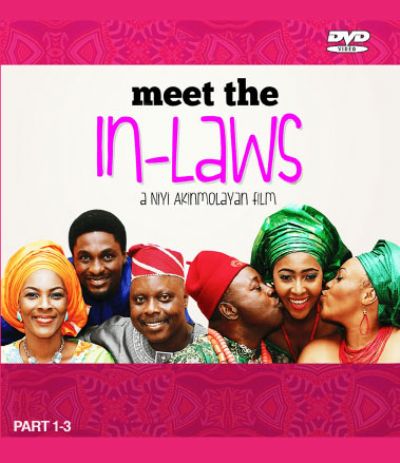

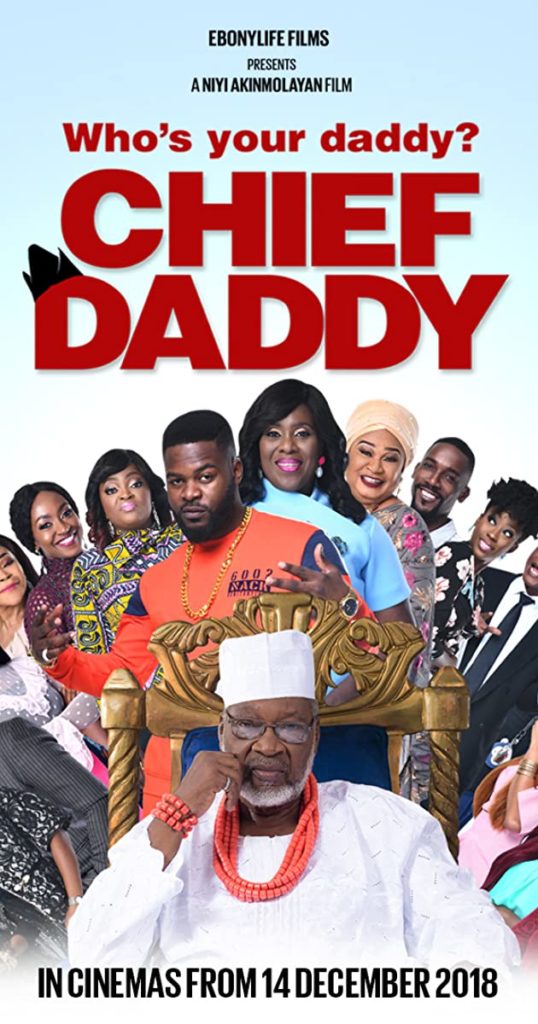
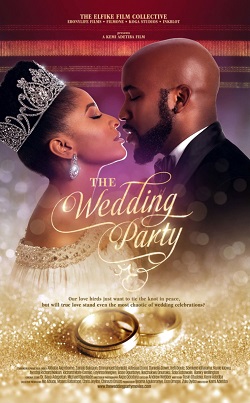
Analyzing African Films
Analyzing African cinema by situating each African film within its unique social, cultural and historical context can illuminate the ways that African cinema and film-making highlights the rich diversity throughout the continent. Film analysis requires the viewer to actively watch the film to look for and describe specific elements that will help interpret the context in which the film was produced. It is not unusual to watch a film more than once in order to catch and process important details. The list below includes several tools used in film analysis:
- Power & Representation: Who produced/directed the film, when was it released, and where was it filmed? Who is being represented?
- Setting: When and where does the story take place? Is there any thing significant about the time and place?
- Plot: What is the story-line? What are the significant events, and what makes them important? How does the plot reflect unique social, cultural, historical circumstances in the setting?
- Conflict: Describe the conflict(s) taking place in the story; are they interpersonal (ie between characters), familial, political, global. How does the conflict reflect unique social, cultural, historical circumstances in the setting?
- Characters: Describe the characters in the story – what do they symbolize? How do the main characters reflect unique social, cultural, historical circumstances in the setting?
- Theme: What is the overall message delivered by the film?
- Genre: What genre is the film? How is it similar to and different from films from the same genre created in different countries in and out of Africa.
- Title: After watching the film, how does the title add meaning to the story?
Cinema in African Humanities
African cinema started during the European colonial period when colonizers used film to document, describe and represent the colonized. Colonial films often represented African people in a pejorative light. Yet, African film-makers, as early as 1907 in Egypt, provided self-representation in films which shed light on the unique social and historical circumstances experienced by people in Africa. Today, African cinema is among the largest film industries in the world, and the wide range of different cinemas sheds light on the rich cultural diversity throughout the continent. Analyzing African films can help us understand the unique social, cultural and historical circumstances experienced by African people as well as the common experiences that connect people worldwide.
References & Resources
- African cinema: What it is, what challenges it faces, and possible ways to move forward.
- The Library of African Cinema
- African Cinema, Oxford Bibliographies
- New African Cinema
- African Cinema and Human Rights
- African Cinema(s): Definitions, Identity and Theoretical Considerations
- Coulon Florent, “The Story of Cameroonian Cinema. Toward Independence in Production”, Afrique contemporaine, 2011/2 (No 238), p. 91-105. DOI: 10.3917/afco.238.0091.
For Discussion in Canvas
Find an African film (a film created in Africa by people in Africa) and gather data about the film from www.IMBD.com. (the film must be produced and directed by someone from Africa. American or European films set in Africa do not meet the criteria.) While watching the film, analyze the film using the analytical tools listed in this lesson. In your conclusion, describe how is the film different from and similar to American and European films about Africa? How is Africa and African people represented differently? Include a link to the film or a trailer to the film in your post.
- African Movies on Netflix 2021
- Five ‘Must Watch’ African Movies on Amazon Prime
- AMAA-nominated African Movies in 2019
- Demand Africa: Streaming Service with free seven-day trial
- Top 100 African Films on IMBD.com
